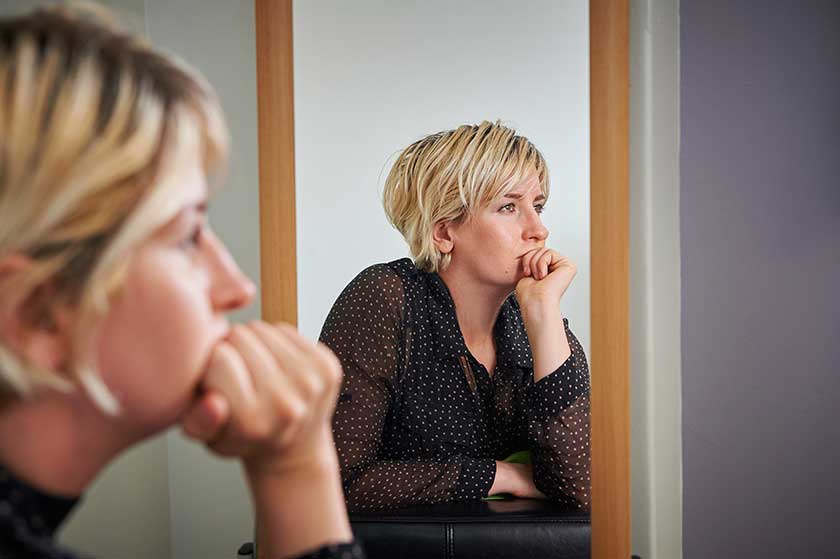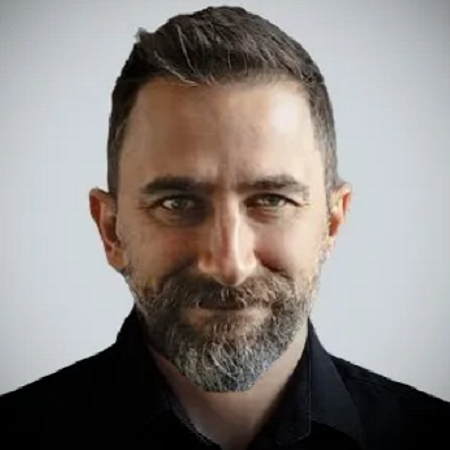Depression is a serious but common and treatable mental illness that can not only affect your thinking and mood, but your physical health too.
How to know if you are experiencing depression
If you have been feeling constantly sad for a period of two weeks or more and you do not know why, you may be experiencing depression.
You may also notice a change in your habits or how you feel. These may include:
- unexplainable crying
- loss of interest in activities that you once found enjoyable
- being quick-tempered and irritable
- withdrawal from friends, family and/or social situations
- difficulty concentrating
- feeling overwhelmed or confused
- loss of libido
- reliance on substances such as drugs or alcohol.
Your body could be responding too. Some physical signs are:
- sudden weight loss or gain
- difficulty getting to sleep
- an upset or churning stomach
- constant fatigue
- headaches or muscle pain
- change in appetite.
It is important to note that different people may experience depression differently, so the combination of your symptoms may vary.
Similarly, at times the symptoms that you are experiencing may not be due to a mental illness, but rather an unrelated medical issue.
What to do if you think you might be depressed
If you recognise any or all of these signs or symptoms in yourself or someone you care about, make an appointment with your family doctor as soon as you can.
Your doctor will complete an assessment and recommend options for your ongoing care, including referring you for further treatment.
Is it really depression or am I just overreacting?
The idea that you may be experiencing a mental illness such as depression and seeking treatment can seem daunting and this may deter you from seeking help.
You may also only be experiencing a few of the things listed above and are uncertain if you should act.
Please do not underestimate the need to see a doctor quickly if you are experiencing signs of depression.
Your doctor will be able to provide advice based on what you are experiencing and your medical history.








